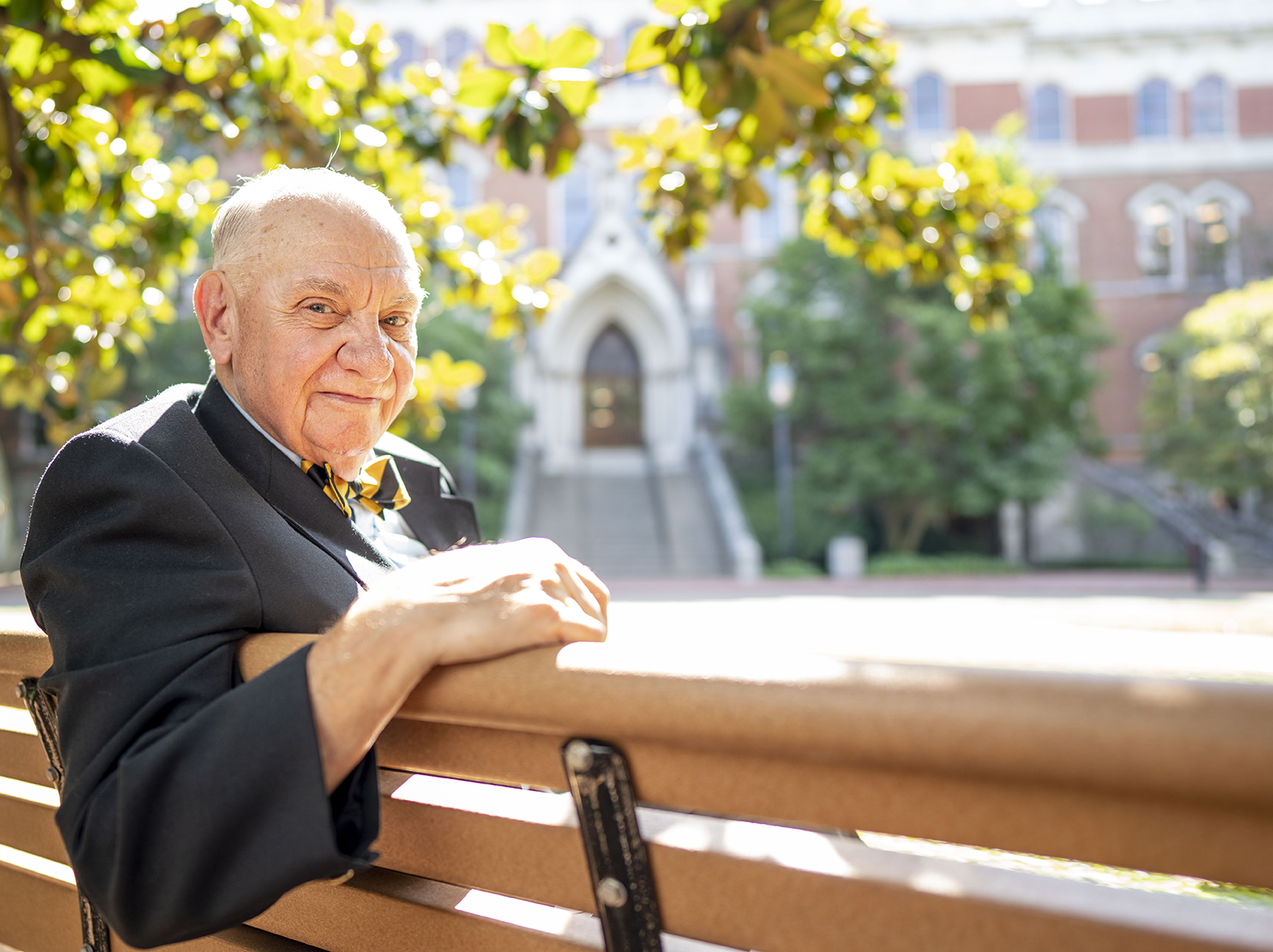K.C. Potter, JD’64, dean emeritus of residential and judicial affairs, died Aug. 26. Potter had an indelible impact on the life of the university and its students over more than three decades of service; he was 85 years old.
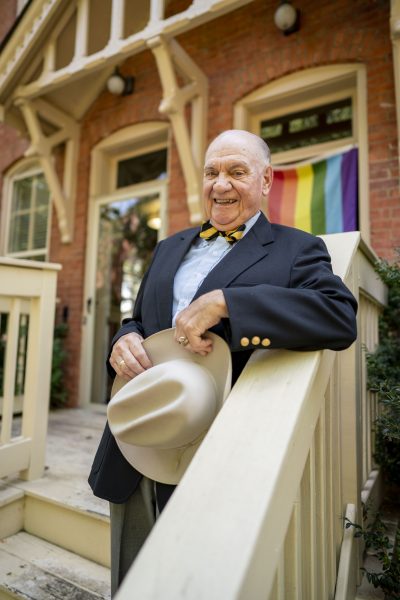
“K.C. Potter’s pioneering vision and decades of dedicated leadership transformed Vanderbilt—and his impact, through the countless lives he touched, extends far and wide,” Chancellor Daniel Diermeier said. “He was a living, shining example of our enduring mission to bring out the best of human potential and to welcome one another in a spirit of shared humanity and mutual respect. His legacy of courage and compassion, his steadfast advocacy for student life and his deep commitment to Vanderbilt will continue to inspire us all.”
READ the V150 story about Dean K.C. Potter.
K.C. Potter was born in Fallsburg, Kentucky, on June 30, 1939. After earning a bachelor of arts from Berea College in 1961, he came to Vanderbilt as a law student and was first employed by the university as an assistant resident adviser in Vanderbilt Hall. After completing his law degree, he worked as a law clerk for the Supreme Court of Tennessee, and in 1964 he was admitted to the Tennessee Bar. He returned to Vanderbilt in 1965 as assistant dean of men, and when the offices of dean of men and dean of women were combined in 1971, Potter was named associate dean of the new Office of Student Life. He held that position until 1977, when he was named dean of residential and judicial affairs.
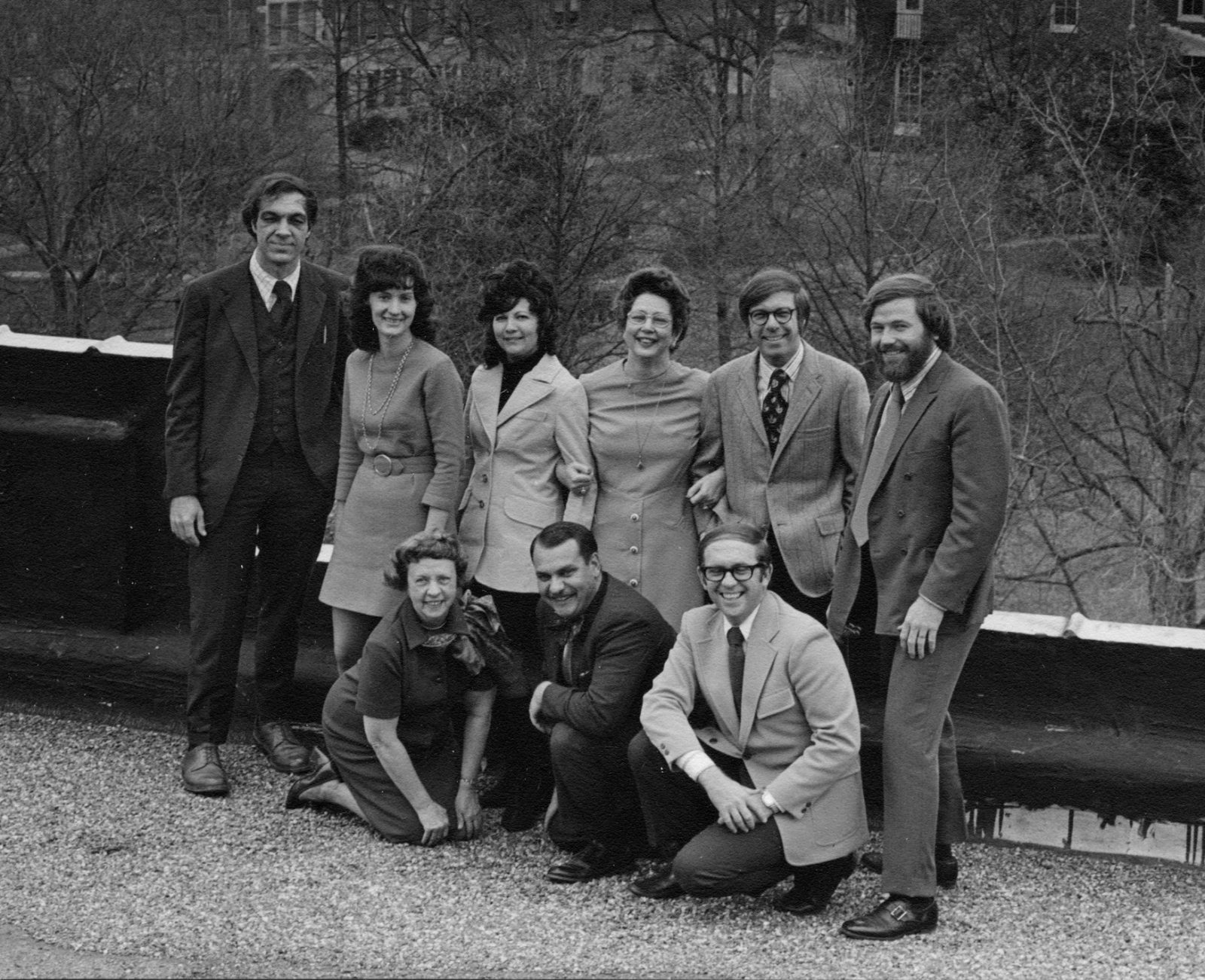
In that capacity, Potter was the chief arbiter of the university’s judicial system, addressing matters of student conduct. He also oversaw housing for the students who lived on campus, and he was responsible for matters relating to Vanderbilt’s sororities and fraternities, as well as for gay, lesbian and bisexual student issues.
“K.C. embodied the values of fairness and respect throughout his decades of service,” Provost C. Cybele Raver said. “His dedication to our students and his unwavering commitment to creating a supportive and inclusive campus environment have left an indelible mark on this university.”
As a residential dean, he lived on campus in Cumberland, one of the West Side Row cottages, and was on call 24 hours a day, seven days a week. After the regular workday was done, he would often sit on his patio and visit with students and faculty friends. Most nights he would walk over to Rotier’s restaurant, where students were welcome to stop by and chat.
“K.C.’s legacy was fairness to each and every person. … He taught us to treat each student the same. He was my North Star.”—Stephen A. Caldwell, MDiv’71, retired associate vice chancellor for student life
“K.C. Potter was [longtime Vanderbilt dean and vice-chancellor] Madison Sarratt’s ‘honest’ man,” said Stephen A. Caldwell, MDiv’71, retired associate vice chancellor for student life. Caldwell was associate dean of residential and judicial affairs for Potter. “We lived side by side on West Side Row, and between our houses ran Sarratt’s ‘hypotenuse trail,’ where the students cut between the houses en route to class. K.C.’s legacy was fairness to each and every person, which is hard to do on a campus with parents possessing such a range of financial and political influence. He taught us to treat each student the same. He was my North Star.”
Potter’s work gave him the opportunity to know students and for students to know him, and he gained a reputation for treating students with genuine care and respect—and for sporting his trademark bowties and later his Stetson hat. Over the years, he mediated many difficult situations as the campus moved through turbulent and transformative decades. Potter was such an integral part of student life that he understood, probably better than anyone else on campus, what students were doing, saying and thinking.
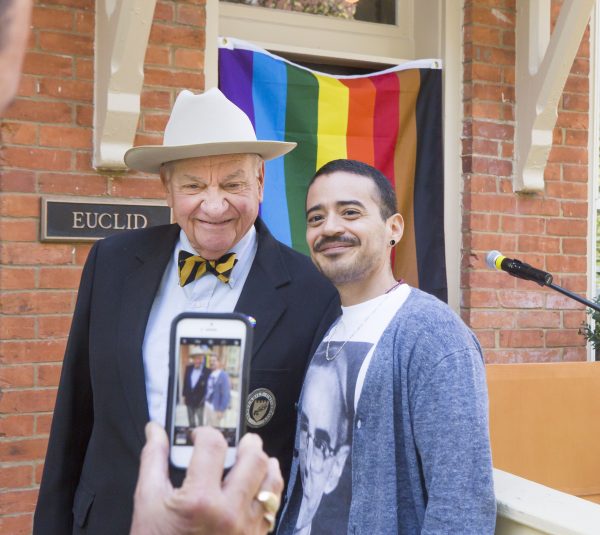
“K.C. loved his students and loved working with students,” said Sandy Page Stahl, BA’70, retired associate dean of students and assistant provost. She directed Greek life in Residential and Judicial Affairs. “His kind heart and generous spirit benefited students he worked with in the disciplinary process, many of whom came back after a suspension to report that his tough love had changed the course of their lives. He particularly kept an eye on and tried to assist students who had difficulty finding their place at VU. Above all, he valued honesty in his dealings with students, faculty and administrators alike.”
Longtime Dean of Students staff member F. Clark Williams Jr., who worked in Residential and Judicial Affairs and later in Traffic and Parking said: “For many years, Dean Potter chaired the conduct committee. ‘Miscreants,’ as he was wont to call students summoned to his office for behavioral issues, had the option of having the full committee hear their cases, or alternatively, the chair. It is an indication of the regard with which K.C. was held—and the reputation for fairness that he had earned over time—that the vast majority of students facing conduct proceedings chose the chair to hear their cases.”
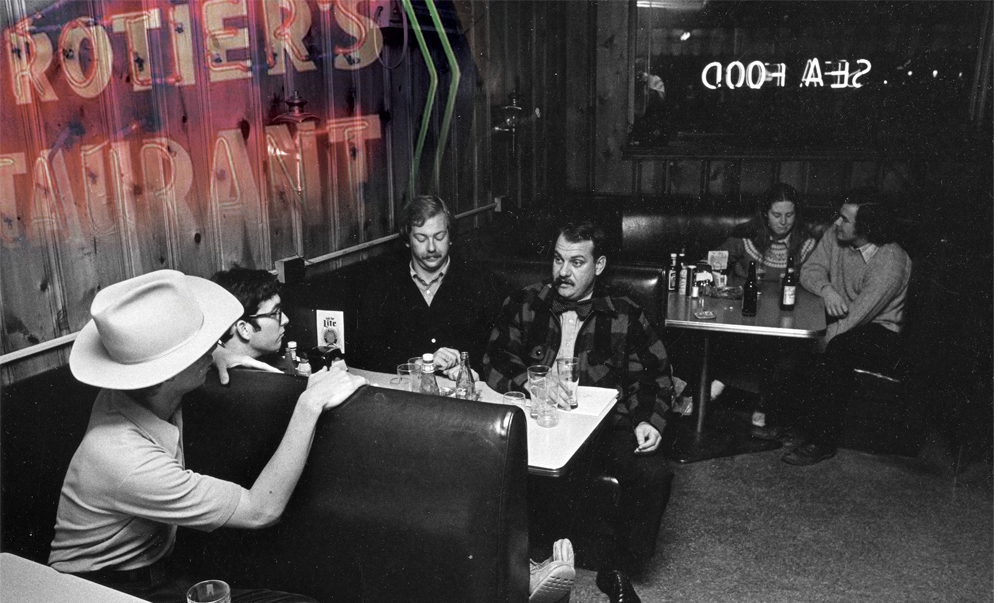
In 1971, Potter purchased a 177-acre farm in Hickman County where in 1991 he constructed a Victorian-style house. The time he spent there recuperating from heart surgery in 1997 inspired him to consider the possibilities of life outside of Vanderbilt, and in June 1998 at age 58, Potter retired from his university position and devoted himself to life as a gentleman farmer. During Potter’s tenure at the university, 37,000 undergraduates completed degrees at Vanderbilt—and he came into contact with almost all of them.
When Potter announced his retirement, Johan Madson, then associate provost and dean of students, said: “Dean Potter will be sorely missed, but his legacy will affect Vanderbilt students for years to come because K.C. has established the highest standards of care and concern for each student. While developing and overseeing one of the finest housing programs in the country, K.C. has been friend and mentor to thousands of students who sought him out because they knew they could trust him and count on him to be fair.”
One such student, Don Matheson, BA’72, wrote to Potter when he retired: “I was one of the thousands of students whom you steadied and put back on the tightrope toward adulthood at times when we might well have slipped into an abyss. … Your friendship and direction helped me and stuck with me more than you could know.”
“I do many things poorly,” Potter said in 1998, “but relating to young people is the one thing that I do well. I treat students just as I would treat any adult. They are very young, which means their judgment is not so good, but they are people, and they should be treated carefully and respectfully.”
In retirement, Potter lived on his Hickman County farm with his husband, Richard Patrick, and their dogs. He spent his days working in his vegetable garden and reading history and biography books. Although he said he missed the daily interactions with students, the easy pace of country life suited him—and his students knew where to find him. For many years, the couple hosted an annual Fall Fest Gathering of Friends and a yearly Summer Cinema Nights concert program at the farm, to which many Vanderbilt alumni would flock for a chance to catch up with Potter.
In 2008, the Euclid House on West Side Row became the K.C. Potter Center, named in honor of the former dean who had been supportive of the LGBTQI community and who engendered a spirit of inclusiveness on campus. It is now known as the K.C. Potter Center for LGBTQI Life. Potter and his husband continued their tireless work for the LGBTQI community, particularly in rural areas, throughout his retirement.
Among Potter’s honors were the Distinguished Alumni Award for 25 years of support to the Vanderbilt ROTC unit in 1991 and the Bob E. Leach Award for Outstanding Service to Students by the National Association of Student Personnel Administrators in 1994. At his retirement in 1998, he received letters from many Vanderbilt alumni, including then Vice President Al Gore and U.S. Sen. Fred Thompson, as well as a proclamation of Dean K.C. Potter Day in Nashville. In 2019, the university honored Potter as part of its Vanderbilt Trailblazer portrait series.
Potter is survived by his husband and devoted partner of 26 years, Richard Patrick, brother Jerry L. Potter, sister Anna L. Davis, two nephews, two nieces, three great-nieces and three great-nephews. A celebration of life is planned for May 2025; details will be forthcoming.
